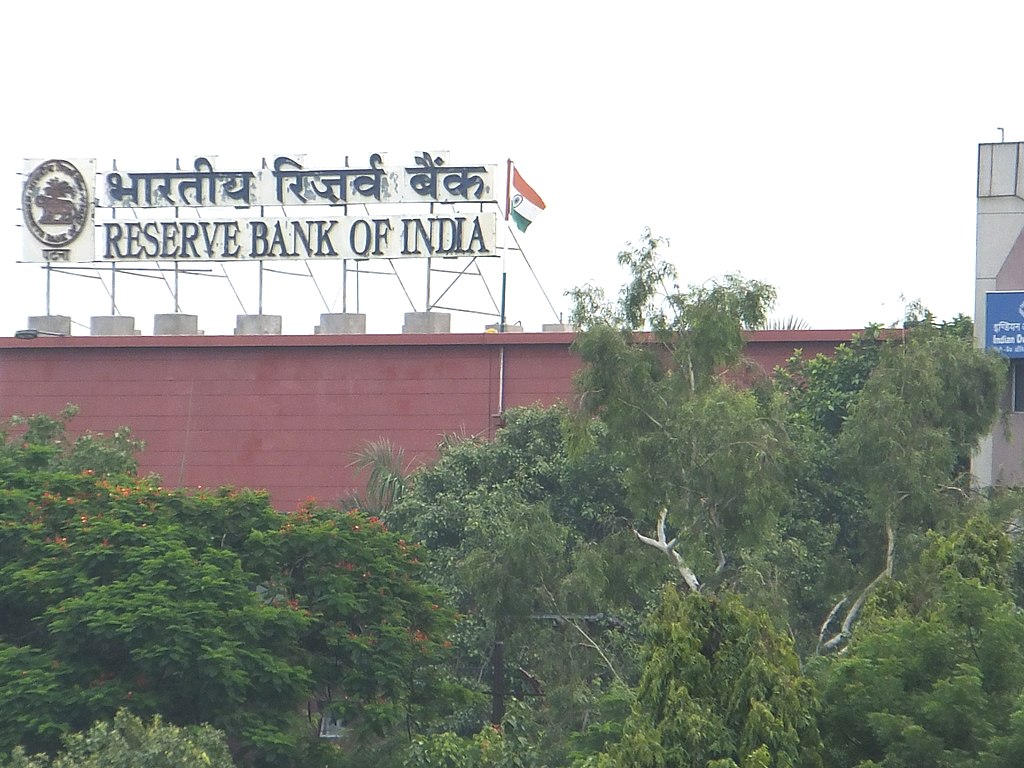 TheTechMedia.com/wp-content/uploads/2021/09/reserve-bank-india-featured-the-tech-portal-300×225.jpeg 300w, https://TheTechMedia.com/wp-content/uploads/2021/09/reserve-bank-india-featured-the-tech-portal-768×576.jpeg 768w, https://TheTechMedia.com/wp-content/uploads/2021/09/reserve-bank-india-featured-the-tech-portal-800×600.jpeg 800w” sizes=”(max-width: 1024px) 100vw, 1024px”>
TheTechMedia.com/wp-content/uploads/2021/09/reserve-bank-india-featured-the-tech-portal-300×225.jpeg 300w, https://TheTechMedia.com/wp-content/uploads/2021/09/reserve-bank-india-featured-the-tech-portal-768×576.jpeg 768w, https://TheTechMedia.com/wp-content/uploads/2021/09/reserve-bank-india-featured-the-tech-portal-800×600.jpeg 800w” sizes=”(max-width: 1024px) 100vw, 1024px”>India is growing up to be one of the biggest fintech markets in the world, thanks to its vast numbers and significantly deep internet proliferation over the past half a decade or so. Thus, it’s no surprise that more and more companies are looking to enter this market, since every major organization, at one point or another, has dreamt of entering into the fintech sector. However, with all of this new found interest and traffic, there has been a rising concern among Indian authorities, which have been looking to regulate all of this digital cash flow without disrupting the growth of the sector.
On that note, the Reserve Bank of India (RBI), India’s apex banking institution and regulator of all banking in the country, recently came up with a new ‘e-mandate’, targeted specifically to control online frauds that seldom happen with recurring payments. And while the intention and the idea was pretty much to the point, the execution, was once again, severely flawed.
Recurring payments allow companies (as well as bad faith actors), to extract money from people regularly, without having to ask for permission, in an attempt to promote convenience. Every time you are charged for your Netflix or Amazon Prime subscription, the platform is automatically deducting money from your account, so that you don’t have to authenticate payments at the start of every billing cycle.
While this idea definitely achieves convenience, it can also be seen as disarmament of the consumer, who might not even be aware of all the recurring payments he’s currently fulfilling. Moreover, it also opens up the opportunity of recurring financial fraud, since you would not even have the chance to authenticate the payment if a hacker were to get you to enroll to a recurring payment plan.
To mitigate this, RBI announced new rules back in 2019 to make recurring payments more centralized. According to this e-mandate, banks will have to issue notifications to users for recurring payments under Rs 5,000, one day before the payment is actually made. Moreover, if the payment is over Rs 5,000, users will have to re-authenticate it all over again, just like they had to the first time they were signing up for it.
While on paper, this seems like the right step to regulate this novel part of the digital economy, it has led to an absolute chaos in the digital payments arena. And more so, it has impacted two major players, benefitting from the service — US big tech (Facebook, Google et al) and India’s economy-drivers — the SMBs. With recurring payments becoming more difficult than ever before, Indian businesses are finding it difficult to maintain their normal workflow.
Before, company owners would just sign up once for any business tools that they might need, and keep using them without having to worrying about payments due to the recurring transactions business model. However, with this new mandate, users will have to keep authenticating transactions over and over again-something that might become an impedance for the technologically challenged.
One of these several business owners who run a digital marketing agency, reached out to The Tech Media and explained their woes saying,”It is an absolute nightmare. We were running several ad campaigns on Facebook for a mutitude of clients. All of those campaigns have suddenly come to halt due to these new rules. While RBI rolled out these new rules, Facebook itself seems clueless on what to do. The problem is compounded when some bank cards work while some others don’t.”
Big tech unable to figure it out
Facebook and Google are the top contenders in India, when it comes to small businesses running their digital advertising campaigns. And with the COVID-19 pandemic forcing almost every business to go digital, these campaigns have seen a surge in recent times. Most SMBs rely on third party digital marketing companies to run advertisements for them, who in turn run ads for several clients through recurring payments method. With the new e-mandate ruling now applicable, this entire machinery has come to an absolute standstill.
What is surprising though, is how unprepared big tech companies were, despite RBI notifying the implementation of rules almost two years back. Facebook for instance, is clueless on how to handle this change. Its monthly invoicing system, which basically allows larger advertising accounts to pay a monthly summed up bill, is only applicable for monthly transactions of INR 5 Lacs and upwards (~USD 6000). Other accounts below that threshold, have to make payments on the go — a system which has been brought to standstill due to the new e-mandate.
Something similar is happening with Google. Google’s G-suite — now called Workspace — is a popular tool used by SMBs, startups and literally every other business, mostly for custom emails. But with recurring payments not happening, it is. a pain for businesses to deal with billing. Same seems to be happening with Google Cloud and several other associated services. On top of that, Google is sending out automatic scary payment reminders to consumers, often threatening of suspending their accounts due to non-payment.
Microsoft, Amazon, Twitter, LinkedIn, Netflix and every other recurring payment service is in the same boat.
So what’s the solution?
As of now, tech companies and banks are still figuring out ways to deal with the new e-mandate. As an immediate solution, the most prudent one seems to be letting your recurring payments fail, and then manually clear up your bills. Of course there is a risk of service getting suspended if you forget to pay, but that is a risk you’d have to take.
Deepanshu Khandelwal is the founder of Blue Box Media Pvt. Ltd. (parent company for The Tech Media). Views expressed here are the author’s own opinion and does not reflect the opinion of the publication.






